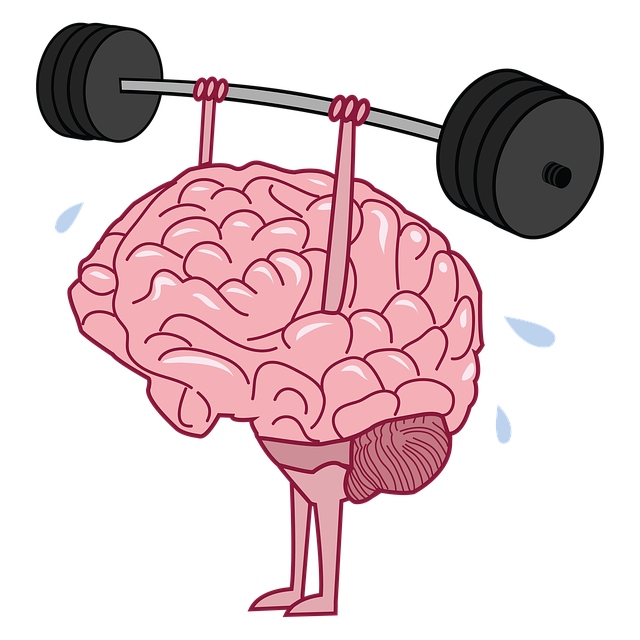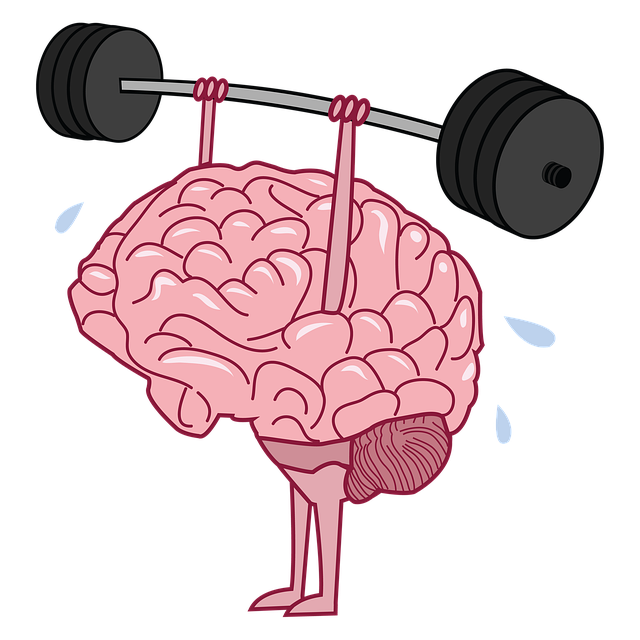Centennial Major Life Transitions Therapy (CMLT) addresses complex emotional responses to loss, grief, and bereavement, offering a safe space for individuals navigating significant life changes. This therapy combines tailored coping strategies, effective counseling, and self-reflection tools to process grief, prevent depression, and foster resilience. CMLT's unique approach includes open communication, risk management planning, and public awareness campaigns to destigmatize grief. Post-counseling, individuals enter a transformative phase of integration and personal growth, focusing on self-care practices and finding new meaning in their experiences.
“Loss, grief, and bereavement are profound experiences that can significantly impact an individual’s well-being. This comprehensive guide delves into the intricate world of emotional healing, offering a detailed overview of these complex topics. We explore the role of counseling in major life transitions, focusing on Centennial Therapy as a long-term support system for deep grief. Additionally, we provide effective therapeutic strategies and insights into navigating the post-counseling healing journey, emphasizing growth and integration.”
- Understanding Loss, Grief, and Bereavement: A Comprehensive Overview
- The Role of Counseling in Major Life Transitions
- Centennial Therapy: Exploring Long-Term Support for Deep Grief
- Effective Strategies for Grieving Individuals: A Therapeutic Approach
- Navigating the Healing Journey: Integration and Growth Post-Counseling
Understanding Loss, Grief, and Bereavement: A Comprehensive Overview

Understanding loss, grief, and bereavement is a vital step in navigating life’s major transitions, which often require Centennial Major Life Transitions Therapy. Loss can manifest in various forms, from the passing of a loved one to significant changes in circumstances, all of which impact our emotional and psychological well-being. Grief, a natural response to loss, involves a complex interplay of emotions, including sadness, anger, guilt, and even relief. It is not simply about mourning but also about adapting to a new reality without the presence or support of what was lost.
Bereavement, specifically related to the death of a close person, can be an intensely challenging period that significantly increases vulnerability to mental health issues like depression. Mind Over Matter principles emphasize the power of our thoughts and perceptions during these times, suggesting that managing stress through workshops and organization techniques can help mitigate symptoms. Effective counseling provides support systems and tools for coping, focusing not only on processing grief but also on preventing depression and fostering resilience in the face of loss.
The Role of Counseling in Major Life Transitions

Counseling plays a pivotal role in guiding individuals through major life transitions, offering a safe space to process and navigate these significant changes. When facing life-altering events such as the loss of a loved one, divorce, or career shifts, therapy provides a unique opportunity for self-reflection and emotional support. Centennial Major Life Transitions Therapy focuses on helping clients build inner strength by developing coping strategies tailored to their unique experiences.
Through effective counseling techniques, individuals can engage in emotional healing processes, fostering self-awareness exercises that promote personal growth. This supportive environment encourages the exploration of complex emotions, allowing for a deeper understanding and acceptance of the transition process. By delving into these internal dialogues, clients gain valuable insights, enhancing their ability to adapt and find meaning during challenging life changes.
Centennial Therapy: Exploring Long-Term Support for Deep Grief

Centennial Therapy offers a unique and comprehensive approach to addressing deep grief resulting from major life transitions. This therapeutic model recognizes that grief is not a linear process but can have profound, lasting impacts on an individual’s mental wellness. By exploring long-term support for those experiencing deep grief, Centennial Therapy provides a safe space for individuals to navigate their emotions, develop coping strategies, and foster resilience over time.
In addition to direct therapy sessions, the organization also emphasizes the importance of public awareness campaigns to destigmatize grief and enhance healthcare provider cultural competency training. These initiatives ensure that individuals seeking support feel understood and empowered, while equipping professionals with the skills needed to offer effective counseling services tailored to diverse populations experiencing loss and bereavement.
Effective Strategies for Grieving Individuals: A Therapeutic Approach

Grief is a complex process, and effective counseling strategies are crucial for supporting individuals navigating loss and bereavement. One therapeutic approach gaining recognition in the field of mental health is Centennial Major Life Transitions Therapy (CMLT), designed to help clients adapt to significant changes and transitions in life, including grief. This method encourages grieving individuals to explore their emotions and experiences through a structured yet flexible framework.
In CMLT sessions, therapists facilitate open communication strategies, allowing clients to express their feelings freely. By encouraging active listening and empathy, the therapist creates a safe space for vulnerable conversations. Additionally, risk management planning is essential in mental health professional practices, especially when dealing with grief counseling. This involves preparing therapists for potential challenges, ensuring they can provide consistent support while maintaining ethical boundaries. Integrating these strategies into mental wellness coaching programs development can significantly enhance the therapeutic process and promote positive outcomes for those experiencing loss and bereavement.
Navigating the Healing Journey: Integration and Growth Post-Counseling

Navigating the Healing Journey: Integration and Growth Post-Counseling
After completing a course of Centennial Major Life Transitions Therapy, individuals embark on a journey of integration and personal growth. This phase is crucial for processing emotions left unspoken during counseling sessions. Through effective communication strategies fostered by therapy, clients learn to express their feelings openly, allowing them to confront and accept the loss they experienced. By integrating these experiences into their personal narratives, they begin to find meaning and purpose in their lives anew.
Post-counseling, self-care practices become integral tools for maintaining mental health. The development of inner strength is encouraged, empowering individuals to navigate future challenges with resilience. This journey of healing involves a transformation that allows them to remember, honor, and celebrate the loved one lost while embracing new beginnings in their lives.
Loss, grief, and bereavement counseling play a pivotal role in navigating major life transitions. By understanding these complex emotions, individuals can find solace and support during challenging times. Centennial therapy, with its long-term focus, empowers people to process deep grief effectively. Integrating therapeutic strategies post-counseling fosters healing and personal growth, enabling folks to emerge stronger and more resilient on their journey forward. In terms of major life transitions, counseling becomes a powerful tool for navigating loss and finding new purpose.














